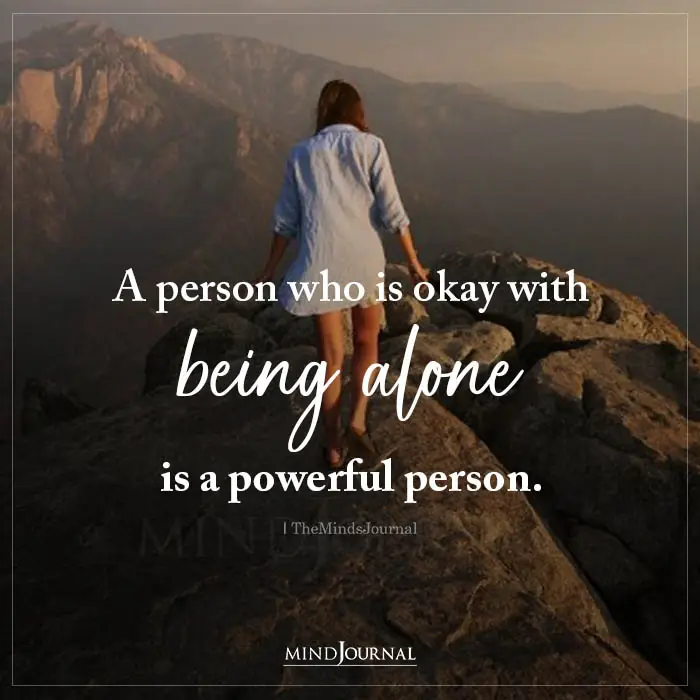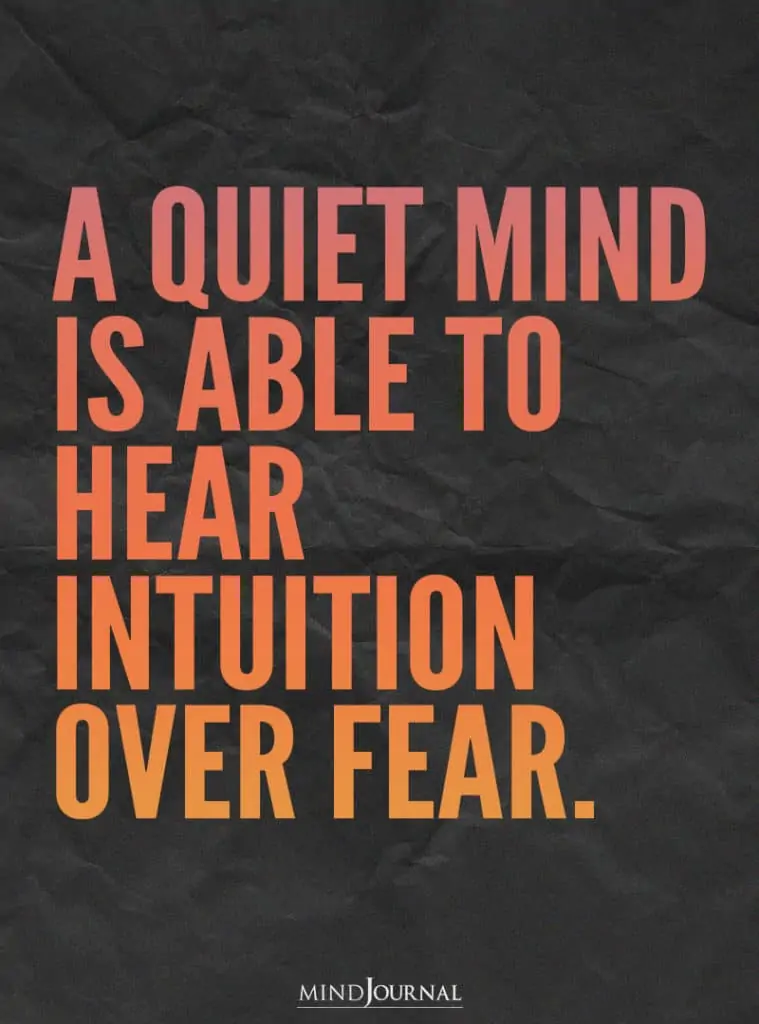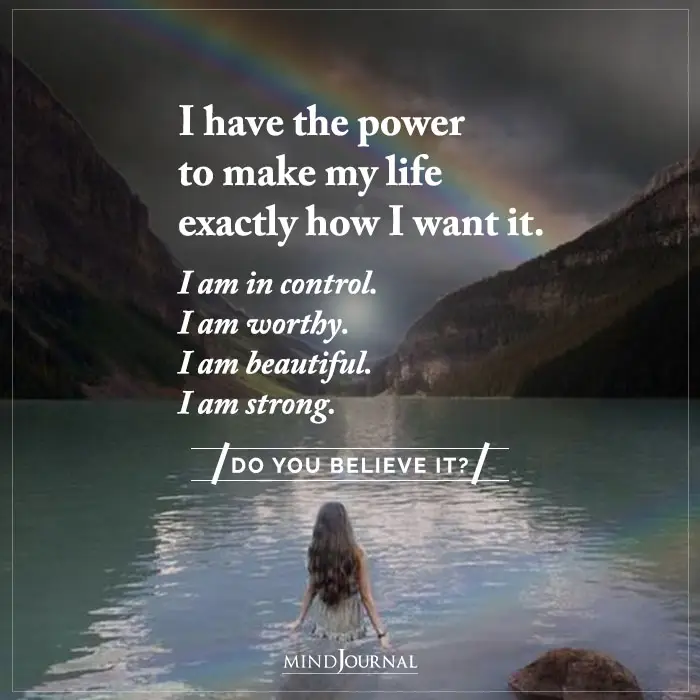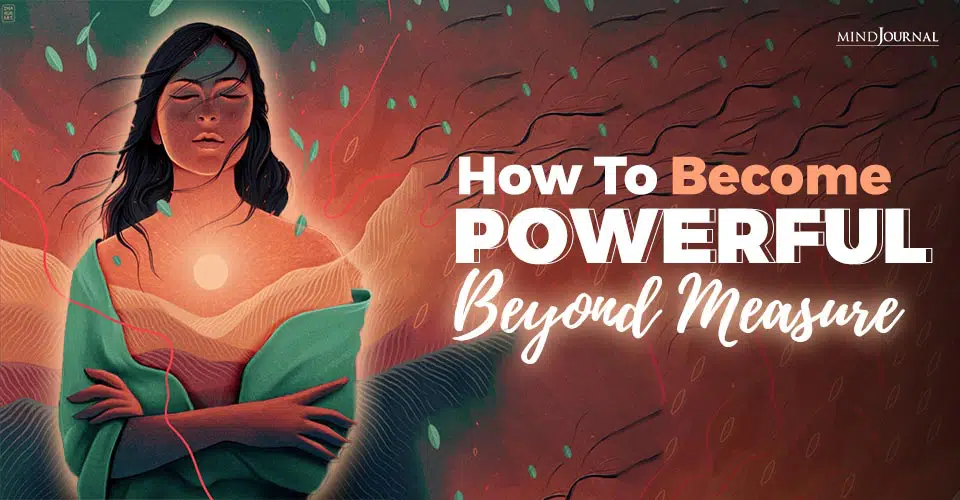Marianne Williamson wrote, “Our deepest fear is not that we are inadequate. Our deepest fear is that we are powerful beyond measure.” That concept is so curious and compelling precisely because it is so counterintuitive.
In theory, power and inadequacy should be opposites. Accordingly, you’d expect that they would bring us to different emotional places: inadequacy to fear and despair and power to confidence and elation.
But the reason that both inadequacy and “power beyond measure” are frightening is that we wind up in the same place: feeling alone. And not just alone in the immediate sense but alone existentially – truly isolated in the world and not connected to others. And worse, when we are powerful beyond measure, we also feel that we are to blame for being alone.
Let’s start with how inadequacy makes us feel alone. We are terrified at times that we will not have the physical, mental, social or economic qualities that will empower us to lead the life that we want. We lament the qualities within us that interfere with our having the things we want in life like a successful and fulfilling career, close friends, loving romantic partner and family, the house of our dreams, and the interests about which we are passionate.

These qualities may be intrapersonal – our mind, body, spirit – or societal factors such as discrimination and disparity that can make us mistakenly perceive that we are inadequate. And the fear of inadequacy can plague us, especially if we do not see how we can change our inadequacy. So, we fear that we are less than and thus will be ignored, mocked or shunned by others. And ultimately, we will be existentially alone to some degree – watching as others connect while we do not.
Related: Why You’re Afraid Of Falling In Love Based On Your Zodiac Sign
Why On Earth Would We Be Afraid Of Being “Powerful Beyond Measure?”
In theory, power is what will allow us to be connected to the world and therefore not alone. And we seem to organize our lives around gaining power. Don’t we spend the majority of our time building ourselves up to explore and develop our own power?
We go to school, in theory, to make our minds more powerful. We go to gyms to make our bodies more powerful. We hope to develop connections with friends and colleagues to have a powerful social network, and maybe find a life partner with whom we can start a family. We hope to build a career whereby we can earn enough money to have the financial power to live the life we want.
However, power makes us feel connected only to a point. If we acquire just enough power to track along with everyone else, we will feel less alone. We look at our colleagues, friends, family, and neighbors and feel like we belong.
The common factor in power beyond measure and inadequacy is that they by definition separate us from the pack. Think about it. We are only inadequate if our “adequacy” is not consistent with the adequacy of the majority of people. And we are only powerful beyond measure if our “power” is clearly greater than other people. Suddenly the very thing that we wanted to secure our sense of connection to others is now alienating us. Our lives are different. What we think about and do may be different. And the process by which we approach our life may be different.
For example, two people can have the same job but approach it in entirely different ways. What may be a “job” to some is a passion or mission for others. Thus, two people may seemingly connect but actually feel worlds apart. This possibility occurred to me in a recent conversation with musician and entrepreneur Linda Perry on the Hardcore Humanism Podcast as she was explaining how she often felt after working on major projects.
She described how after curating the Rock and Relief concert to raise money for CORE (Community Organized Relief Effort) — a non-profit organization dedicated to crisis response, including providing access to COVID vaccines and testing during the pandemic – she would become consumed with evaluating whether she achieved her philanthropic goals.
And while many people applauded her work and were passionately involved in the event, she often felt alone if she experienced a sense of loss or despair if she fell short of her desired outcome.
Further, our power beyond measure often involves our working constantly so that we don’t see friends and family. Or we have responsibility over others in a way that is difficult for those close to us to fully comprehend. Maybe we now have financial resources that others do not such that how we spend our time is markedly different from others in our life.
At the very least, if we are powerful beyond measure, we may not feel that we need people as much as we had previously, and therefore, are less tolerant of the stressors that come with forming enduring social connections. Or conversely, perhaps others become jealous or resentful of our power and success.
However, a big difference between feelings of inadequacy and power beyond measure is that in most cases, power beyond measure is something that we intentionally aspire to and work for.
It very rarely “just happens.” So, as we find ourselves developing this power, and become more disconnected from others, we can wonder whether we are to blame – even if we didn’t intend to feel so alone. In contrast, feelings of inadequacy are usually related to something that we did not intentionally seek out such as mental or physical illness or being the victim of discrimination.
It would not seem optimal to have people hinder their own power because they fear being alone.
How Do We Work To Become “Powerful Beyond Measure” Without Being Deterred By Feeling Alone?
- First and foremost, we must recognize that it is in fact true that developing our own power may alienate us from others.
We may feel less connected to others, and others may feel less connected to us. This will allow us to validate our emotions rather than struggle with denying this potential reality. It’s lonely at the top. And that’s okay. Otherwise, we can become confused and disoriented that we feel alone right at the moment when we feel we should be most connected to the world.

- Second, if we are in fact able to accept this risk, we can go into our pursuit of power with a healthy understanding of the possibility that we may feel alone existentially.
This gives us a choice. We can weigh the pros and cons of trying to achieve immense power. Not everyone needs to have power beyond measure – and that is certainly okay. But if we are going to choose to pursue that power, it will be easier for us to do so knowing that we may feel more alone. Thus, the fear of being alone will be at least somewhat mitigated.
Related: Ways To Let Go OF Your Fears, Insecurities, and Negativities For A Fulfilling Life
- Next, as we embrace and pursue our sense of power in the world, it is critical that we try as best as we can to seek out people with whom we can connect – mentors, peers, friends, family, spiritual advisors or therapists – to help us feel less alone on our journey.
It is true that not everyone will understand what we are going through. But people do understand the fear of being alone. And just knowing that there are people who also understand our fear can be all we need to feel more connected in the world.
- Finally, remember that part of embracing our power is embracing our sense of purpose.
And the purpose is one of the most potent tools that we have to fight existential aloneness. When we have a purpose, we are not alone per se. Our most powerful relationship is with ourselves and that can be a powerful connector to the world. And paradoxically, as we embrace our purpose, the best relationships emerge with people who support or share in our mission and our struggle. And they will be the best ones to help us as we may face feeling alone on our journey.

Related: 80+ Questions That Can Unmask Someone’s Deepest Insecurities And Thoughts
So, take heart powerful people. You can do this – even if you feel alone.
Listen to the conversation with Linda Perry on The Hardcore Humanism Podcast.
Written by: Michael Friedman, Ph.D Originally appeared on: Hardcorehumanism.com Republished with permission









Leave a Reply
You must be logged in to post a comment.